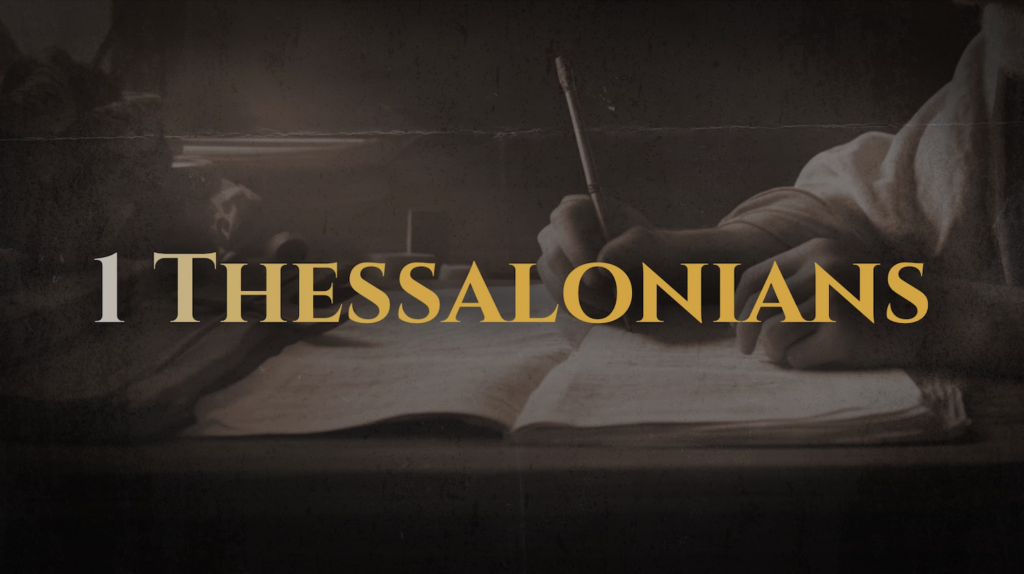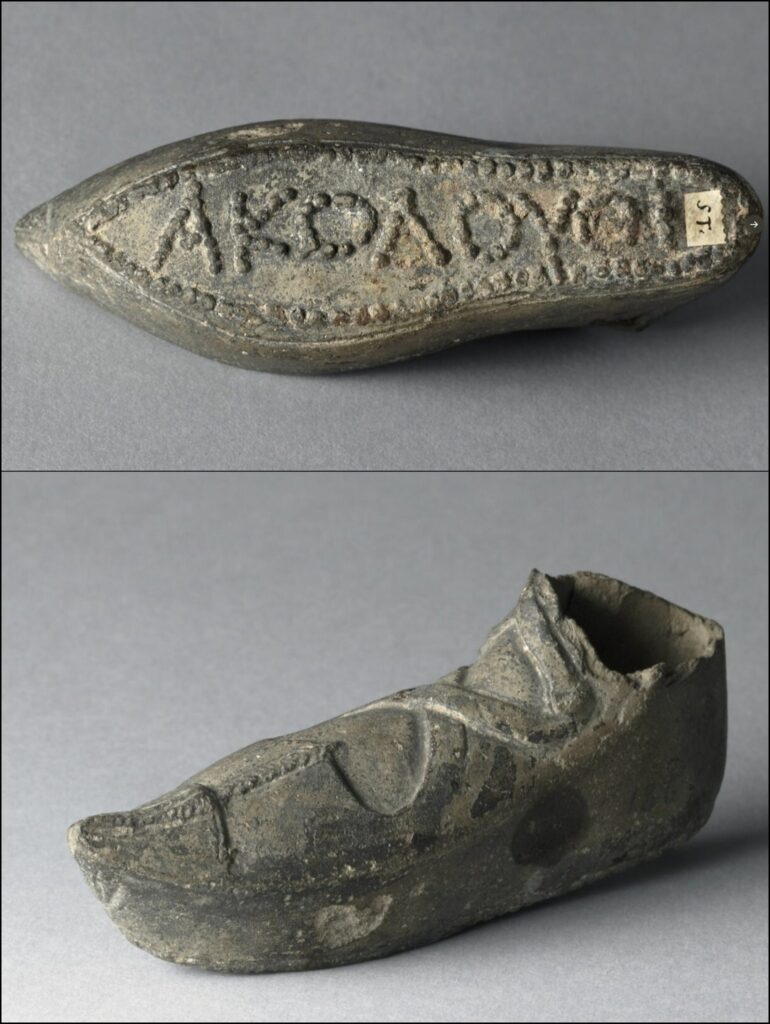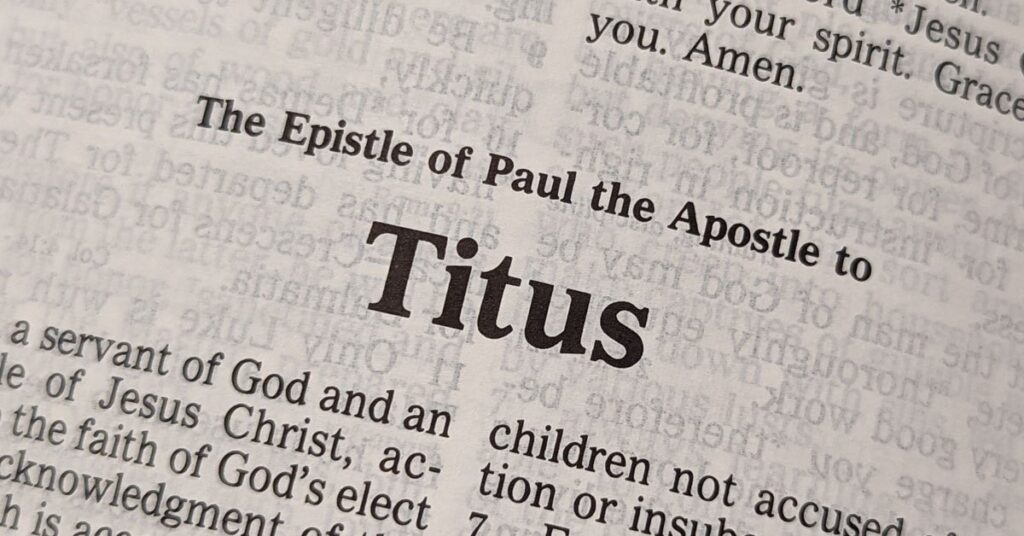
1 Thessalonians 1
1 Paul, Silvanus, and Timothy, To the church of the Thessalonians in God the Father and the Lord Jesus Christ: Grace to you and peace. 2 We give thanks to God always for all of you, constantly mentioning you in our prayers, 3 remembering before our God and Father your work of faith and labor of love and steadfastness of hope in our Lord Jesus Christ. 4 For we know, brothers loved by God, that he has chosen you, 5 because our gospel came to you not only in word, but also in power and in the Holy Spirit and with full conviction. You know what kind of men we proved to be among you for your sake. 6 And you became imitators of us and of the Lord, for you received the word in much affliction, with the joy of the Holy Spirit, 7 so that you became an example to all the believers in Macedonia and in Achaia. 8 For not only has the word of the Lord sounded forth from you in Macedonia and Achaia, but your faith in God has gone forth everywhere, so that we need not say anything. 9 For they themselves report concerning us the kind of reception we had among you, and how you turned to God from idols to serve the living and true God, 10 and to wait for his Son from heaven, whom he raised from the dead, Jesus who delivers us from the wrath to come.
On April 15, 2019, the Cathedral of Notre-Dame de Paris burned. Do you remember? The roof was engulfed in flame. The roof was destroyed, the wooden spire, and some of the upper walls were damaged.

I recall watching those flames on the news with a degree of horror. That cathedral is one of the great historic works of art, and the sight of seeing its roof on fire was terrible. Anthony Esolen was moved to take up his pen and write while he watched it burn. In his reflections on the burning church, he revisited the question of whether or not modern people could actually build a church like that. Could we build such a thing today? I found what he wrote very moving:
People are saying that we cannot build such a thing now. That is true. We lack the artisans. We do not have the techne: we likely could not fashion a single many-colored jewel in the 16-rayed north window, with the Virgin Mary and the Christ Child in the center of all. We cannot make the glass. We cannot mix the colors. We would have to guess and do our best.
But we would not build it now. It is not just that our hands lack the skill. Our hearts do not beat warmly enough, and our minds do not see. Think of that Mother and Child. What did it mean? The whole of creation and the life of man revolve, like the spokes of a wheel, about the submission of a woman to the will of God, and the humility of Christ, who emptied himself, and came to dwell among us in human form, not as an Alaric or Augustus, but as a servant, obedient unto death.
What have we built? What do we love?[1]
In other words, Esolen argues, we would not build such a great church today not only because we lack the skill, but mainly because we lack the love to do so.
Those two questions are haunting and cutting: “What have we built? What do we love?”
Esolen was caught in a moment while writing that, but in waxing eloquent he put his finger on something very important: Without love, you cannot build a church. And I do not mean a building. You actually can build a building without love (though Esolen likely has a point about the quality and kind of church building you can build without love), but you certainly cannot be a church without love.
It is the heart of the church that matters, not the edifice, not the structure. It is telling that when Paul wrote his first letter to the Thessalonians, he leaned heavily into this truth. He spoke not only of his heart for the Thessalonian Christians but also of their heart for him and for the gospel and for Jesus and for the body of Christ the world over.
It is a heart turned to Jesus that makes a church, whether we have a building or not.
I am calling this sermon on 1 Thessalonians 1 “A Goodly Church.” Let us consider the church’s heart and what it should be.
Paul is writing this first letter to the Christians of Thessalonica. In Acts 17, we are given the historical background and context of the letter.
1 Now when they had passed through Amphipolis and Apollonia, they came to Thessalonica, where there was a synagogue of the Jews. 2 And Paul went in, as was his custom, and on three Sabbath days he reasoned with them from the Scriptures, 3 explaining and proving that it was necessary for the Christ to suffer and to rise from the dead, and saying, “This Jesus, whom I proclaim to you, is the Christ.” 4 And some of them were persuaded and joined Paul and Silas, as did a great many of the devout Greeks and not a few of the leading women. 5 But the Jews were jealous, and taking some wicked men of the rabble, they formed a mob, set the city in an uproar, and attacked the house of Jason, seeking to bring them out to the crowd. 6 And when they could not find them, they dragged Jason and some of the brothers before the city authorities, shouting, “These men who have turned the world upside down have come here also, 7 and Jason has received them, and they are all acting against the decrees of Caesar, saying that there is another king, Jesus.” 8 And the people and the city authorities were disturbed when they heard these things.9 And when they had taken money as security from Jason and the rest, they let them go. 10 The brothers immediately sent Paul and Silas away by night to Berea, and when they arrived they went into the Jewish synagogue.
In short, Paul and Silas are in Thessalonica. They preach Jesus. Some of the Thessalonians believe. They found a church there. Then, Paul and Barnabas are sent out of the city as many of those in the synagogues lash out in anger against the believers there. So, in 1 Thessalonians, we have the letter that Paul sends back to the young church in Thessalonica after he and Silas had to leave.
Craig Keener writes:
First and Second Thessalonians may be the earliest of Paul’s extant letters, written shortly after the evangelization of the Thessalonians, hence by about A.D. 50, within two decades of Jesus’ resurrection.[2]
In the first chapter, Paul highlights the beauty of this new church, which is to say, he highlights their heart.
Continue reading →







